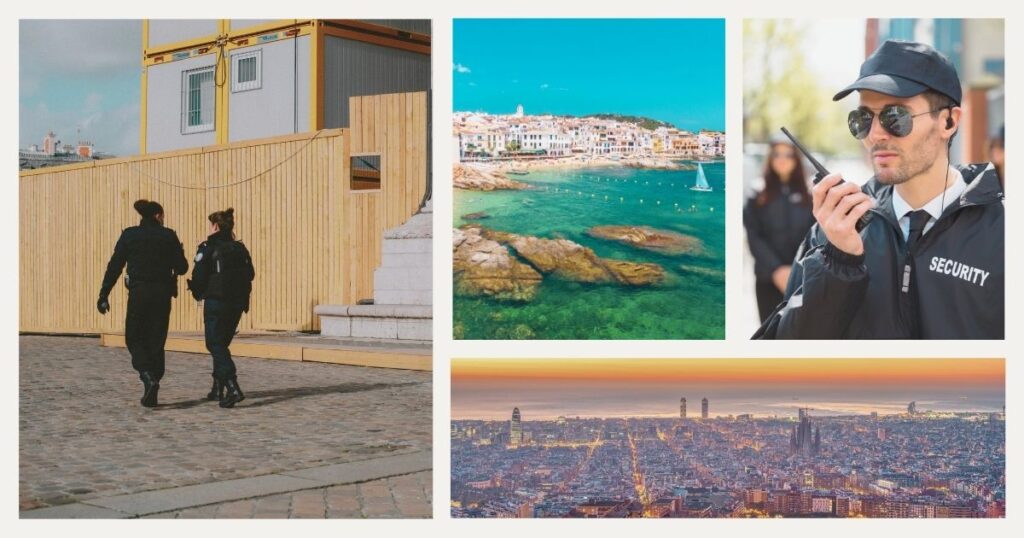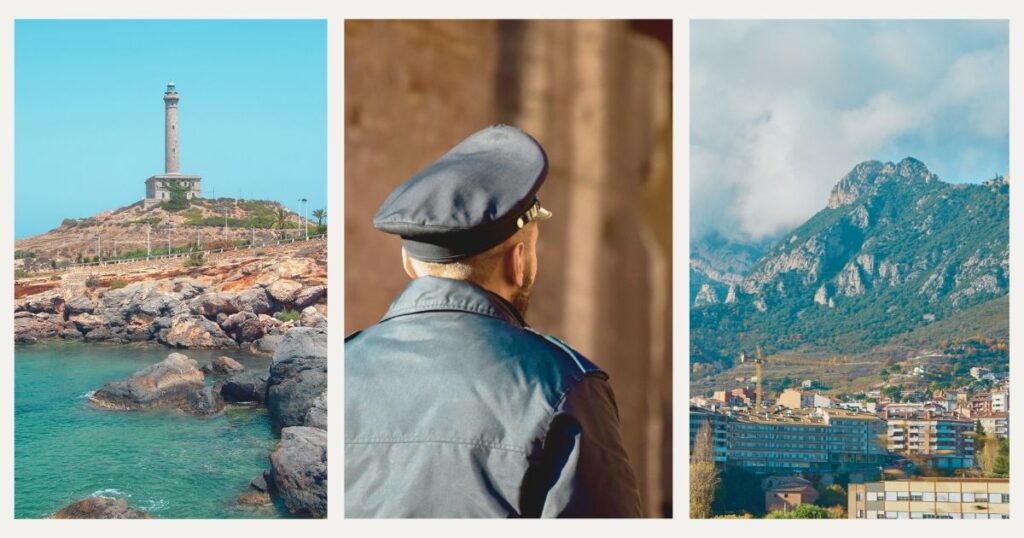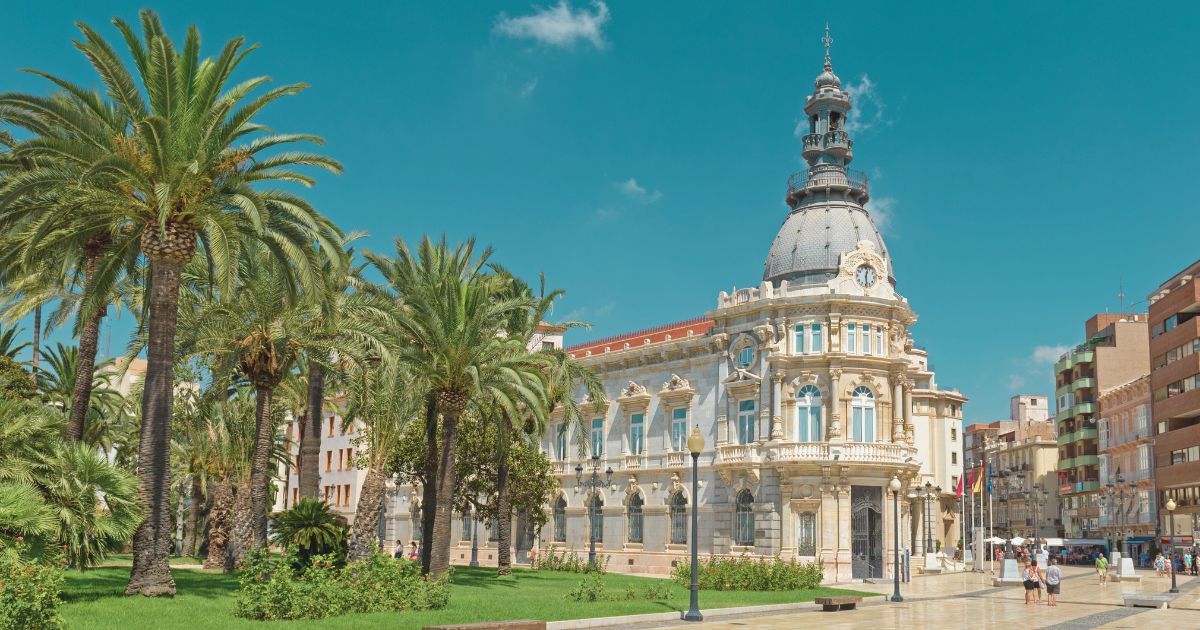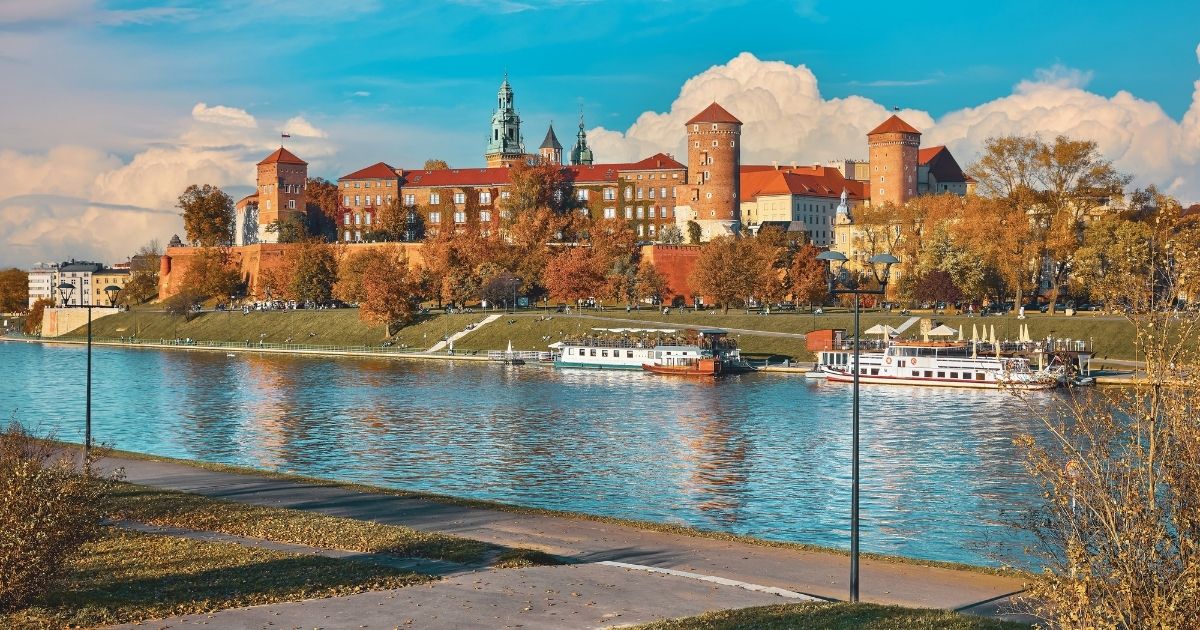Living in Spain offers a unique combination of professional opportunities and quality of life, and safety in Spain is an important factor to consider for anyone choosing this European country. Known for its rich culture, pleasant climate, and breathtaking landscapes, Spain also stands out for its focus on citizen safety, providing a secure environment for those seeking stability and tranquility.
As in any country, Spain is not exempt from potential risks, from small incidents to more serious situations. From street crime in urban areas to the risks associated with tourism, it is important to be informed and take preventive measures to ensure a safe and pleasant experience.
In this article, you will learn all there is to know about safety in Spain as a digital nomad, addressing the main risks and providing practical advice to prevent them. Without further ado, keep reading to find out how to enjoy your experience in Spain with total safety.
What you should know about safety in Spain

Spain is one of the most attractive destinations in Europe to live in, thanks to its quality of life and general safety. According to the Global Peace Index 2022, Spain is among the 30 safest countries in the world, ranking number 16 among the 48 European states.
However, as in any place, there are potential risks to take into account to ensure your safety in Spain. Among these risks, we can find:
1. Petty theft
Carrying valuable jewelry or electronic devices, such as laptops and mobile phones, makes you susceptible to theft, especially in busy areas such as train stations, markets, and tourist attractions.
According to data from the National Police of Spain, petty theft is one of the main types of robbery perpetrated against foreign visitors to Spain.
2. Robberies with firearms
Although much less common, robbery with the use of firearms can pose a potential risk in some urban areas, especially at night. According to statistics from the Spanish Ministry of the Interior, there has been an increase in robberies with firearms in certain areas of the main Spanish cities in recent years.
These robberies are mainly targeted at the most dangerous areas of Spain; however, they can also be witnessed in recurring areas at night and more frequently involve car theft.
3. Robberies with a sharp weapon
Robberies with sharp weapons such as knives tend to occur in densely populated urban environments or in less traveled areas at night. Data from the National Police indicates that robberies with sharp weapons are a persistent concern in some Spanish cities. These robberies are usually committed at night and are much more frequent on weekends because of potential street fights and more crowded bars.
4. Extortion
Any resident in Spain can be the target of extortion, especially if they work in fields such as trade or are publicly exposed. It is important to be aware of potential threats and protect personal and financial information. According to reports from the Spanish Data Protection Agency, online extortion is increasing in the country.
5. Drug intake

The use of illicit drugs can pose a risk to personal health and safety in Spain—as it does anywhere else. It is important to avoid situations and places where drug use is common and to be aware of local drug-related laws. Statistics from the Spanish Drug Observatory show an increase in the consumption of certain drugs in Spain in recent years, especially in capital cities such as Madrid and Barcelona, where the use of narcotics has increased considerably.
6. Irregular surcharge for being a foreigner
Some merchants may try to charge higher prices to foreigners, taking advantage of their lack of knowledge about local prices. It is important to negotiate and compare prices before making purchases, especially in tourist areas. Reports from the National Institute of Statistics of Spain show that foreign tourism contributes significantly to the Spanish economy, which can lead to dishonest business practices in some cases.
7. Non-potable water
In certain rural or less developed areas, water may not be drinkable, which poses a health risk. It is important to make sure to consume bottled or treated drinking water to avoid waterborne diseases. Data from the Ministry of Health of Spain indicates that although Spain’s water is mostly drinkable and of excellent quality, there are regions and cities where the quality of this is not at the same level. Among these towns, we can find Palma de Mallorca, Ciudad Real, and Zaragoza.
Everyday safety tips for living in Spain

When it comes to staying safe in Spain, it is important to take into account certain precautions in different aspects of daily life. Here are some tips that will help you protect yourself while you travel, have fun, interact with other people, and work:
Transport safety in Spain
- Use authorized public transport services and avoid sharing vehicles with strangers.
- Keep your belongings close to you at all times and be aware of your surroundings, especially in crowded places such as the subway and bus stations.
- Consider taking out travel insurance that includes coverage for theft or loss of luggage, as well as for public transport accidents.
- Whenever possible, avoid public transport late at night and prioritize safer and more private alternatives such as Uber.
Safety in entertainment
- Avoid walking alone in unfamiliar areas, especially at night.
- Research the places you plan to visit and stay away from areas known for their high incidence of crime.
- Always carry an emergency ID and contact information with you.
- Have the Spanish emergency number at hand in case you feel vulnerable or notice suspicious behavior. This number is 112, calling does not have any additional charge to your line, and it works even if you do not have a plan or SIM.
Safe interaction with other people
- Be cautious when interacting with strangers online and avoid sharing personal or financial information on social networks or insecure websites.
- Always verify the identity of the people you meet in person, especially if they are work contacts or online dates.
- Avoid at all costs being part of the street games that are usually played in the squares, card games, where the ball is, etc. They are usually used as scams.
- Be suspicious of street vendors, because this practice is totally illegal. In addition, the products for sale are of dubious origin and can affect your health when ingesting them.
Safety at work
- Protect your electronic devices with strong passwords and keep your antivirus software updated.
- Use secure Wi-Fi networks and avoid accessing sensitive accounts from public connections.
- Consider taking out professional liability insurance to protect yourself in case of claims related to your work as a remote professional.
- Use security applications. Some applications, such as NordPass, provide additional security to your data and passwords.
What are the least safe cities in Spain?

Despite the fact that Spain has a fairly positive safety index and is considered one of the safest countries in the world in general, there are certain regions and provinces that present greater insecurity According to the data collected, Catalonia, the Basque Country, and Murcia have the highest volume of intrusions into homes and businesses. As for specific provinces, Seville, Girona, Guipúzcoa, and Álava are among the most unsafe regions of the country.
Although this data can be worrying, it is important to remember that most Spanish cities offer a safe environment to live and work. With caution and attention, it is possible to reduce the risks associated with safety in Spain as a whole and these areas in particular.
Safest cities and regions in Spain
With a favorable environment for remote work and an attractive quality of life, knowing the safest destinations becomes crucial if you are interested in living in Spain. Fortunately, various cities and regions offer a quiet environment and a low incidence of crime, which provides peace of mind to those who seek to develop their professional career from this country.
Among the safest Spanish cities are Huesca, Lugo, Huelva, Pozuelo (Madrid), Talavera de la Reina (Toledo), Granada, San Cristóbal de la Laguna (Tenerife), Burgos, Oviedo, and San Vicente del Raspeig (Alicante). These destinations offer a quiet atmosphere, modern infrastructure, and access to essential services. Here, you can enjoy natural environments, cultural heritage, and a welcoming community while you develop your work activities.
As for the regions, Galicia emerges as an outstanding option for those looking for safety and quality of life. Along with Asturias, Galicia has the lowest rates of crime and intrusions, which makes it an attractive destination to live in Spain. In addition, other autonomous communities such as the Canary Islands, Madrid and Cantabria also stand out for their safe and welcoming environment.
What are the days and times when more intrusions happen?
Although safety in Spain is generally excellent, it is important to know the times of day and the days of the week when there may be a greater risk of intrusions and theft. According to statistical data, there is a pattern in the times and days when more incidents occur. Weekend nights, especially from 8 to 10 p.m., usually see an increase in the number of robberies. In addition, criminal activity increases on Monday mornings between 9 and 11 a.m.
On the other hand, during weekdays, thefts are significantly lower, especially during the morning hours until 5 pm. In time slots during the week, from 5 in the morning to 8, this intrusion rate is even much lower. However, it is important to remain alert at all times and take additional precautions, especially in urban and tourist areas, regardless of day and time.
Take out insurance in Spain
When it comes to protecting yourself when traveling to Spain, adequate insurance can provide peace of mind and security for both yourself and your belongings. It is essential to look for insurance that specializes in the specific needs of the type of trip you make since these insurances usually offer coverage adapted to the particularities of this lifestyle. Here are some steps to consider when hiring insurance in Spain:
Step 1 – Exhaustive research
Investigate different insurance companies that offer coverage for your trip to Spain. Look for those who have experience in this field and offer policies designed specifically for your needs.
Step 2 – Coverage evaluation
Carefully review the coverage offered by each insurance policy. Prioritize those that cover aspects such as:
- Loss or theft of electronic equipment, such as laptops, tablets and mobile phones.
- Civil liability in case of damage to third parties.
- Personal accidents and medical coverage in case of illness or injury while you are in Spain.
- Loss of luggage during travel.
Step 3 – Comparison of prices and conditions
Compare the prices and conditions of different insurance options to find the one that best suits your needs and budget. Consider not only the monthly or annual cost but also the conditions of coverage and compensation limits.
Step 4 – Consultation with an insurance agent
If you have questions or need additional advice, consider consulting an insurance agent specializing in your type of trip. They will be able to offer you detailed information about the available options and help you make the best decision to protect yourself while you walk, live, or work in Spain.
What kind of anti-theft insurance can you find in Spain?

Various types of insurance are designed to cover different needs. From insurance for vehicles and homes to insurance for electronic equipment, cell phones, and laptops, there is a wide range of options available on the market. It is especially important to have anti-theft insurance designed specifically for your needs. Each type of insurance covers the risks associated with the type of trip or activity you plan to take in Spain.
Some of these insurances usually cover the loss or theft of electronic equipment, such as laptops, tablets, and mobile phones, both in the home and away from home. They may also include additional services, such as emergency assistance and data recovery.
Connect to the world without borders. Your journey starts with just one click! ✈️
Do you work from anywhere in the world, travel frequently, or love staying connected while exploring new destinations? With the new monthly eSIM plans, forget about swapping SIM cards every time you cross a border.
With these plans, you’ll enjoy:
🌍 Continuous connection across multiple countries
📱 Share internet with all your devices
💳 Automatic payments: no more recharges or renewals
🧳 Perfect for those who make the world their office
Activate it once and stay connected on the go, hassle-free.
🏷️ Use the code NOMADA to get 10% off every month for 12 months.
Are you ready to start your adventure without interruptions?
👉🏻 Activate your plan and save 10% now!
Frequently asked questions about safety in Spain
Yes, Spain is considered one of the safest countries in the world. However, as in any place, it is important to take precautions and be attentive to your surroundings to maintain your personal safety and that of your belongings.
When working from public places, such as coffee shops or coworking spaces, make sure to protect your electronic devices and always keep them in sight. Use secure internet connections and avoid sharing confidential information on public networks.
While safety in Spain is generally excellent, some common risks include theft, especially in tourist or crowded areas. It is also important to be careful when using ATMs and walking through dimly lit areas at night.
In case of theft or loss of your belongings, such as your mobile phone or laptop, it is important to report it immediately to the local authorities and contact your insurance company if you have one. In addition, you can consider blocking your bank cards and changing your passwords securely.
When staying in different places during your travels in Spain, choose safe and well-located establishments. Be sure to lock the doors and windows of your accommodation, and store your valuables in a safe if available. In addition, maintain discretion about your travel plans and avoid sharing personal information with strangers.




